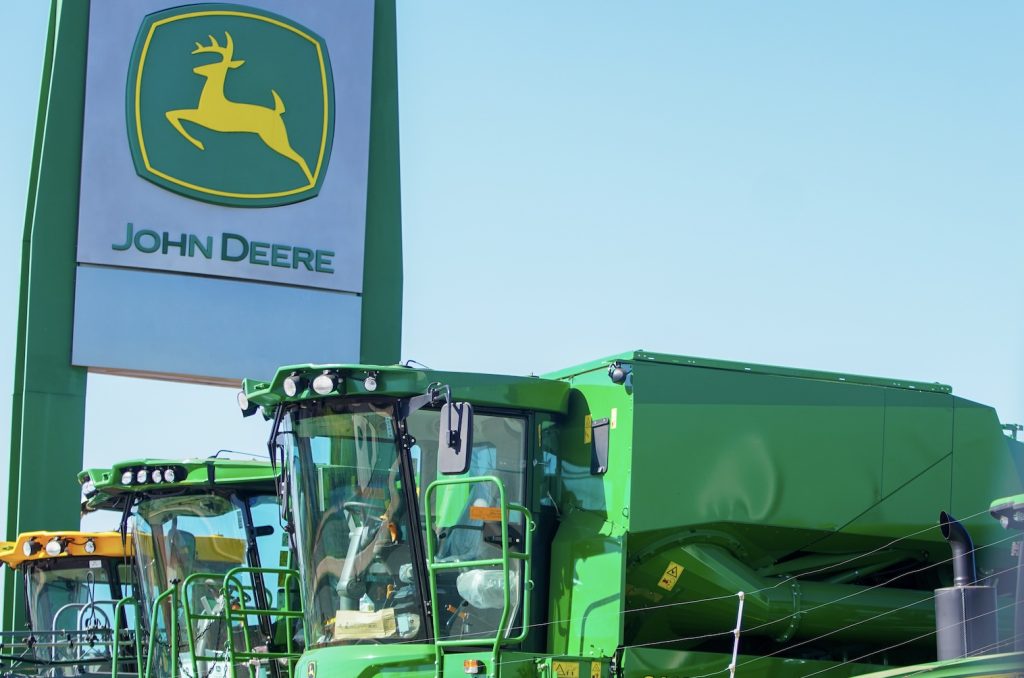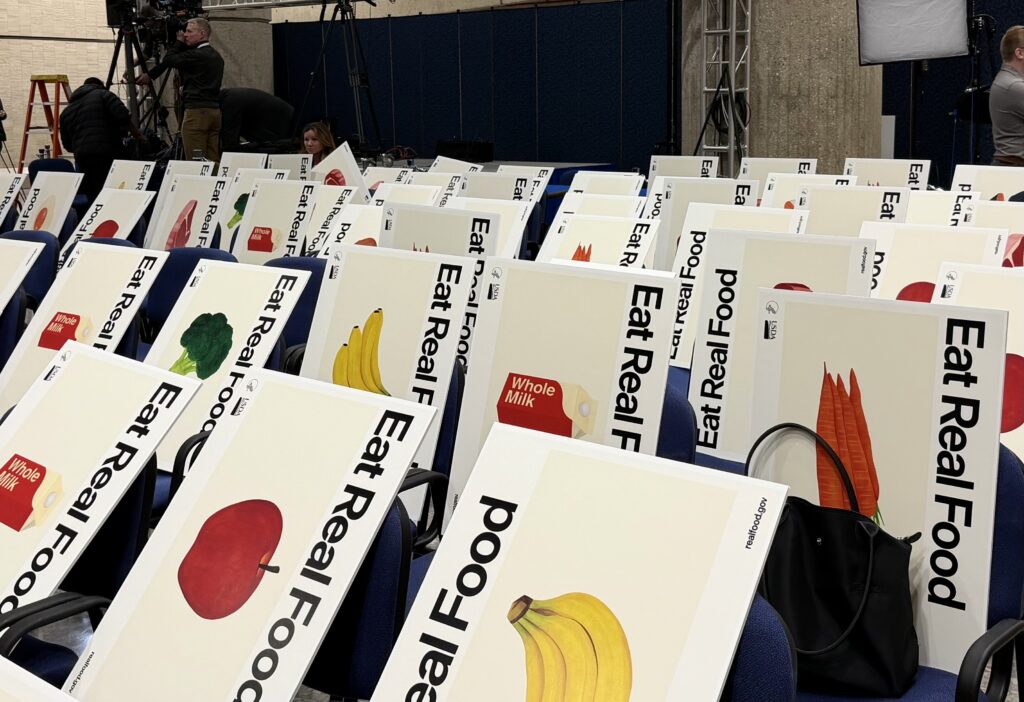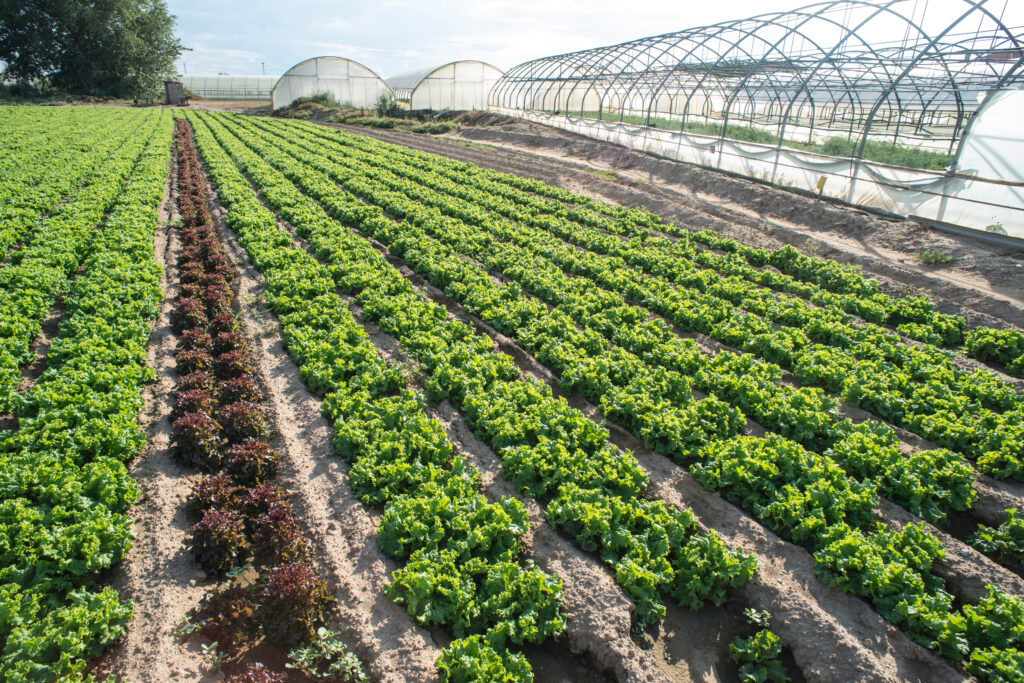With the election just weeks away, former President Donald Trump has been promoting his plan for supporting rural America. He recently said that if reelected, he would impose a 200% tariff on John Deere if the company went through with its plan to move more of its production to Mexico. He has also proposed a 60% tariff on goods from China and up to 20% on all other U.S. imports.
There has been widespread pushback against these proposed tariffs, with leading economists agreeing that Trump’s plan to impose hefty tariffs on imported goods would likely send prices surging. Even the largest commodity trade groups like the National Corn Growers Association and American Soybean Association have warned against reigniting a trade war because it would harm U.S. agriculture markets, with farmers and rural economies paying the price.
While targeted tariffs can be a helpful economic tool when coupled with other strategic policies, we must put these conversations about future tariffs in the context of today’s highly concentrated global markets. For example, just two to four companies control nearly the entire U.S. farm machinery sector today. John Deere alone controls 60% of combine sales, 53% of large tractor sales, and 37% of agricultural machinery sales. As a result, imposing tariffs on John Deere would hamstring farmers who have few other equipment manufacturers to turn to.
With just a handful of corporations controlling our food system, broad agricultural tariffs would only further harm U.S. farmers and consumers who struggle enough under the thumb of dominant abusive food and agriculture firms.
An Introduction to Tariffs
Tariffs are a tax on imported goods that can be used to strategically discourage imports or defend against unfair imports and open more market opportunity for domestic producers. The U.S. buyer (a retailer or manufacturer) pays these taxes and may pass that cost on to U.S. consumers. This can often be the case with broad, across-the-board tariffs — especially when they are not paired with strategies to help boost domestic production.
Several decades ago when we had ample domestic production and competition, tariffs gave domestic companies a chance to compete against foreign competitors that operated in countries that did not have the same standards (labor, environmental, etc.) that we have in the U.S.
But with today’s heavy market concentration, broad tariffs are an outdated tool. After 40 years of a lack of antitrust enforcement, almost every sector in the food and agriculture system has become highly concentrated, and, as a result, the U.S. faces a severe lack of domestic production in food and agriculture. What little domestic production we do have is so concentrated in the hands of a few companies that there is no competition.
With few domestic alternatives to turn to, the U.S. buyer either has to lower its profit margin or pass the cost onto the consumer when it imports goods. Either way, a U.S. business or U.S. consumer is harmed by broad tariffs on imported goods.
However, a select group of farmers could benefit from strategic, targeted tariffs. With meatpackers using their ability to import beef to put downward pressure on the domestic cattle market, a tariff on beef would give U.S. cattle producers some needed protection. And as Farm Action has reported, the United States has become more and more dependent on imported fruits and vegetables. Targeted tariffs here could provide additional protection for U.S. fruit and vegetable producers, allowing them to grow their production to meet the U.S. demand.
Trump’s Tariffs Have Failed Farmers Before
During his administration, Trump instituted a variety of broad tariffs on China, Mexico, the European Union, and more. In response, six of our trading partners implemented retaliatory tariffs on many U.S. exports, including agricultural and food products.
According to a USDA report, those tariffs cost U.S. agricultural producers about $27 billion in lost exports between 2018 and 2019, with soy and pork producers bearing the brunt of the economic harm. These losses then had to be paid back to farmers with government bailouts, ultimately rewarding foreign corporations like Brazil’s JBS — far from a win for U.S. farmers.
Across-the-Board Tariffs Don’t Work in a Concentrated Agriculture Market
These broad tariffs devastated American farmers during the Trump administration, and with the U.S. agricultural trade deficit on the rise, the last thing we need is another trade war. Instead of looking at more misguided tariffs, we’d like to see the next administration focus on antitrust efforts to level the playing field for our producers. Breaking up dominant corporations to weaken their stranglehold over our economy is critical for supporting rural America.
Let’s take a closer look at Trump’s proposed tariff on John Deere, for example. Because of Deere’s tight control over the farm machinery market, when Deere’s equipment prices shoot up as a result of Trump’s tariffs, this will leave farmers with little choice but to break the bank and purchase Deere equipment anyway because there are so few other options available. The other two or three farm equipment manufacturers will also be emboldened to wield their market power to raise their prices significantly, while still keeping them lower than Deere because they know farmers have so few other choices.
This heavy market concentration means that instead of protecting U.S. companies and production, tariffs now fall on the farmer and consumer in the form of a tax. Farmers are price takers, and there is no way to pass on their increased cost to anyone — they just have to eat it.
In addition, Trump’s proposed tariff on John Deere or any auto exports out of Mexico would violate the USMCA Agreement that Trump negotiated in 2018, which promotes manufacturers to move production to North American countries, including Mexico, by providing duty-free access to the U.S.
Our farmers cannot afford more economic pain from broad-based tariffs. An antimonopoly approach to trade — one that is not opposed to targeted tariffs but uses them more strategically and couples them with additional antitrust enforcement — would give our food and agriculture system the boost it needs.
Farm Action is a nonpartisan, nonprofit organization challenging corporate food monopolies, holding government accountable to the people, and building fair competition in rural America.
Written and edited by: Jessica Cusworth, Joe Maxwell, Angela Huffman, Christian Lovell, and Emma Nicolas. Research by Joe Maxwell and Sarah Carden. Concept developed by Joe Maxwell.




